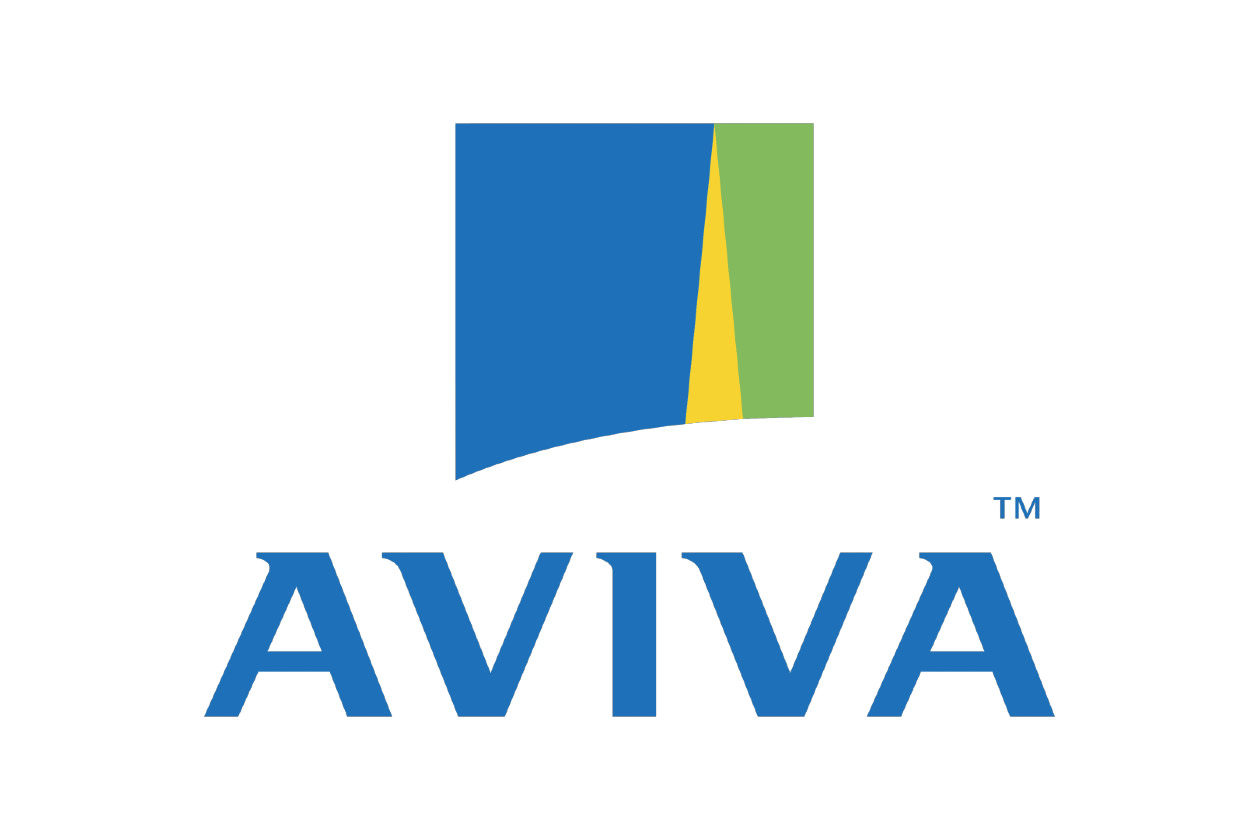Operating profit was up by 14% to £875mn. The growth was driven by the Wealth & Retirement (IWR) and UK & Ireland General Insurance businesses. IWR benefitted from improved margins as well as a lower levels of deaths and hence life insurance pay outs in Protection and Health. Both divisions reported positive momentum on pricing.
UK & Ireland insurance growth was helped by a strong discipline in underwriting as well as improved income generated from investment positions taken by the division.
The solvency II ratio, which measures capital levels compared to requirements, dipped to 205% from 207%.
The interim dividend has been raised by 7% to 11.9p.
Medium-term guidance for £2bn of operating profit by 2026 remains unchanged.
The shares were trading flat following the announcement.
Our view
Aviva reported a solid set of first half results. Higher prices are continuing to benefit key areas like motor and home insurance where Aviva is a market leader. It takes some time for these price hikes to feed through, but the benefits are starting to be felt.
Aviva brings insurance, wealth, and retirement under one roof. The general insurance arm centres around the UK and Canada. The latter now claims the number two spot in its market. General insurance in the UK & Ireland saw more challenging conditions for parts of last year, but we’ve seen a sustained improvement so far this year.
The Probitas acquisition gives Aviva a foothold into the Lloyd’s of London insurance market. Not to be confused with the bank, it’s a unique insurance marketplace focused on taking on specialist risk. At a cost of £242mn, we think this is a unique deal that adds an asset with attractive margins and gives access to a new market.
Aviva's bulk annuity business (BPA), where it takes on final salary commitments from pension funds, has grown rapidly. The market's hot and £5.5bn of protection was sold last year. The focus continues to be on finding the right new business rather than pushing for market share. These contracts feed significant quantities of new assets into the business, which Aviva Investors can manage - increasing scale and profitability.
We wouldn’t be too surprised to see Aviva tap its formidable capital surplus to take on even more BPA business. Retirement sales did slip a little in the first half but with a very strong start to Q3 noted in the BPA business, we’re not concerned.
Being a huge workplace pension provider is behind the logic to increase its presence in the wealth management market. There are also plans to expand the advisory offering to help achieve the goal of at least 10% growth in net flows to wealth (6% in 2023). With a longer-term eye, things are moving in a good direction. But it's a challenging and crowded market, not helped by continued market volatility.
The retirement products sit alongside Aviva’s protection business (this includes products such as life assurance and income protection policies). And this year’s acquisition of AIG Life UK saw protection sales jump 49% in the first half.
Aviva is a diversified player with fingers in basically all the pies. Bulk annuities are becoming a more important part of the story, and we see scope here for growth. The big general insurance business is also attractive given the market looks to be turning more favourable. We like the mix and see the 7.6% prospective forward yield as relatively attractive, though there are no guarantees.
An independent Non-Executive director of Hargreaves Lansdown plc is also an Independent Non-Executive Director of Aviva plc.
Environmental, social and governance (ESG) risk
The financials sector is medium-risk in terms of ESG. Product governance is the largest risk for most companies, especially those in the US and Europe with enhanced regulatory scrutiny. Data privacy and security are also an increasingly important risk for banks and diversified financial firms. Business ethics, ESG integration and labour relations are also worth monitoring.
Aviva’s overall management of material ESG issues is strong.
Aviva values ESG management and focuses on transparency around key issues. The company actively addresses physical climate risks, data privacy, security, and sustainable finance. Aviva aims to boost sustainable investments by 2025 and integrates ESG factors into its investment strategies. The absence of customer satisfaction targets in FY2022 is a potential area for improvement.
Aviva key facts
All ratios are sourced from Refinitiv, based on previous day’s closing values. Please remember yields are variable and not a reliable indicator of future income. Keep in mind key figures shouldn’t be looked at on their own – it’s important to understand the big picture.
This article is not advice or a recommendation to buy, sell or hold any investment.No view is given on the present or future value or price of any investment, and investors should form their own view on any proposed investment.This article has not been prepared in accordance with legal requirements designed to promote the independence of investment research and is considered a marketing communication.Non - independent research is not subject to FCA rules prohibiting dealing ahead of research, however HL has put controls in place(including dealing restrictions, physical and information barriers) to manage potential conflicts of interest presented by such dealing.Please see our full non - independent research disclosure for more information.


